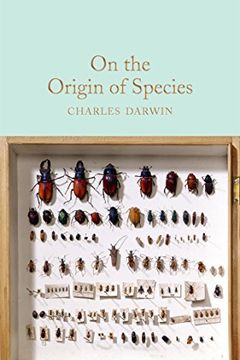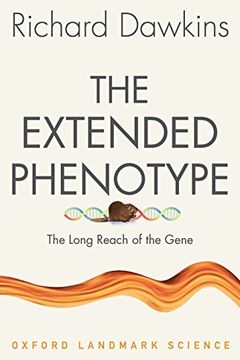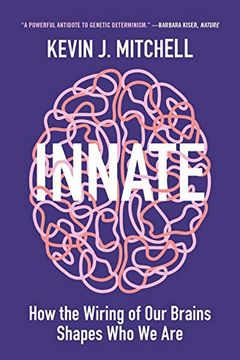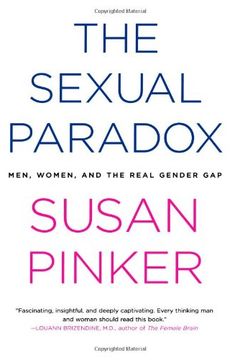Steve Stewart-Williams
Recommended Books
Steve Stewart-Williams is an associate professor in the School of Psychology at the University of Nottingham Malaysia Campus, and author of the books Darwin, God and the Meaning of Life (2010) and The Ape That Understood the Universe (2018). He was born in Wellington, New Zealand.
4 books on the list
Sort by
Latest Recommendations First
Layout
A groundbreaking exploration of natural selection, this book challenges orthodox beliefs by asserting that no species or being has been specifically created. While exploring the harsh competition for survival, it showcases the interrelatedness between animal and plant life, and the environment, offering an inspirational and human perspective. Written with a combination of scientific rigor and literary style, this remains one of the most important works of modern times.
Steve Stewart-Williams
2020-11-24T09:00:00.000ZExplore the concept of the extended phenotype in this influential work by a renowned biologist. Discover how genes go beyond physical traits to influence the wider environment, including other organisms. This book offers a deep dive into evolutionary biology and makes important reading for biologists and students, but is accessible to all who are willing to put in the effort.
Steve Stewart-Williams
2020-02-23T22:28:20.000ZRecommended by
Geoffrey MillerExplore the fascinating link between brain development and personal traits in this groundbreaking book by a leading neuroscientist. With a focus on the deep connections between our psychology, behavior, and brain wiring, the author sheds new light on what makes us each unique. Discover why your personality, intelligence, and even perception of the world around you are more innate than you might think. A must-read for anyone interested in the complex mysteries of the mind.
Steve Stewart-Williams
2019-09-16T00:19:53.000ZRecommended by
Dorothy BishopDiscover the groundbreaking book that challenges assumptions about gender equality. In The Sexual Paradox, psychologist Susan Pinker examines how fundamental sex differences play out over the lifespan. With lively prose, Pinker guides readers through the latest neuroscience and economics findings to answer unexpected questions, such as which sex is the happiest at work and why some male college dropouts earn more than their bright female peers. By exploring real stories of men and women, Pinker takes a new look at the differences between the sexes and how they impact ambition and career choices. This provocative read is a must for anyone seeking to challenge their assumptions about gender.
Steve Stewart-Williams
2018-03-22T04:03:43.000Z


